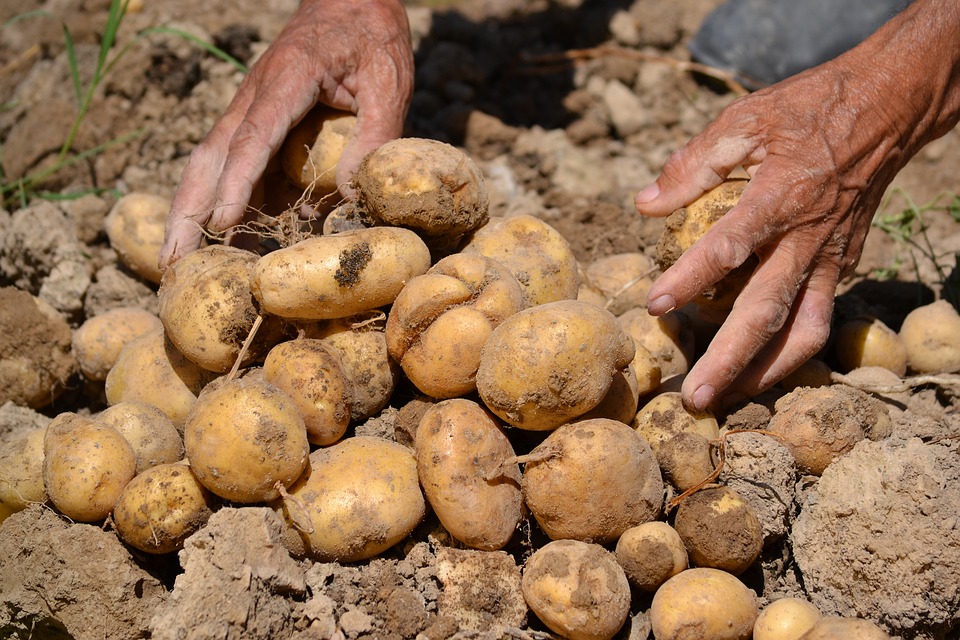 By Diana Ngo
By Diana Ngo
Swiss food and drink multinational Nestlé and French hypermarket chain Carrefour are trialing blockchain to provide consumers with greater transparency in the food sector.
From April 15, 2019, the technology will be applied to the famous Mousline instant mashed potato brand, available on shelves in Carrefour stores around France, to enable consumers to access reliable and unfalsifiable information on the supply chain and production of the products.
Nestlé and Carrefour will test the blockchain platform with Mousline purée over the next few months. The pilot will help the firms understand the impact and scalability of the technology, and inform decisions on further developments, Nestlé said on Monday.
“This Mousline pilot is the result of a successful partnership with Carrefour and a great step forward on our blockchain journey,” said Vineet Khanna, senior vice president, global head supply chain at Nestlé.
“We are using this technology to bring more transparency to our products by providing accurate, trusted and impartial information. That will benefit the whole value chain, including retailers and consumers.”
Using the QR code on the product’s packaging, each consumer will be able to access a secure platform on their smartphone to gain information on the production supply chain, including the varieties of potato used, the dates and places of manufacture, information on quality control, and places and dates of storage before the product reaches the shelves.
The two firms are working with IBM on the project. They joined the IBM Food Trust platform in 2017, as a founding member for Nestlé and in October 2018 for Carrefour.
IBM Food Trust uses blockchain technology to allow food to be traced back to its source by connecting growers, processors, distributors, and retailers. The software-as-a-service (SaaS) solution provides authorized users with the complete history and current location of any individual food item, as well as accompanying information such as certifications, test data and temperature data, are readily available in seconds once uploaded onto the blockchain.
The IBM Food Trust network currently counts more than 80 brands worldwide including Walmart, Tyson Foods, Dole, Kroger and Unilever.
The Mousline pilot is part of Nestlé’s wide range of blockchain test projects, which range from logistics to sustainability, designed to help reinforce trust in food.
In 2017 and 2018, the firm carried out the first tests with simple products including baby food. This year, plans are to extend the project to other products, Benjamin Dubois, who heads Nestlé’s blockchain projects, said in an interview with AWP news agency in January.
This article was sourced from Coin Journal.
Image: Potato agriculture, Pixabay